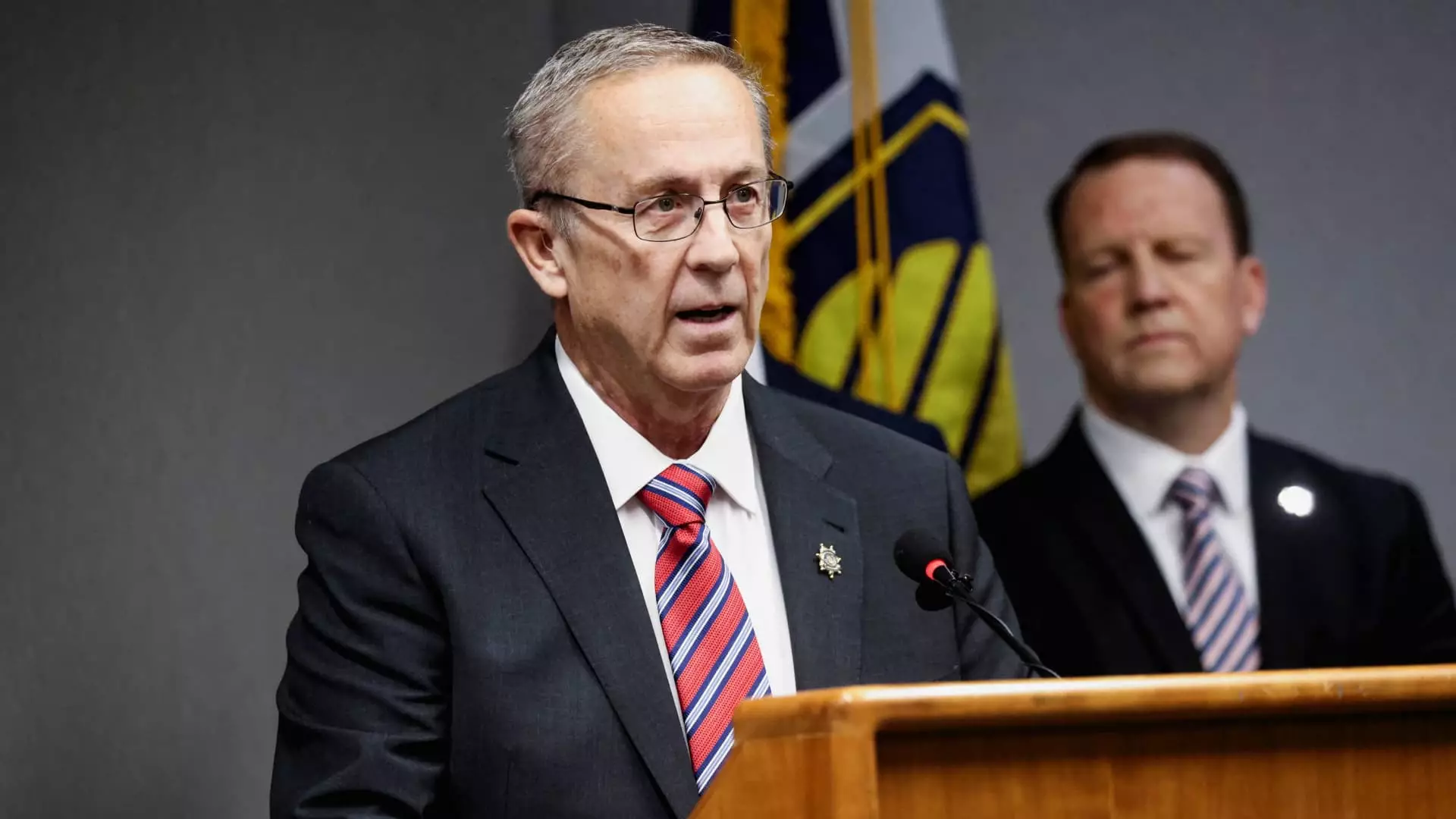In our increasingly polarized society, the tragic shooting of Charlie Kirk—a prominent conservative figure—serves as a stark reminder of how radicalized beliefs can dangerously escalate into violence. Rather than focusing on reconciliation or understanding, political discourse has devolved into murky waters where threats and hostility are normalized. Such acts, vile and condemnable, emerge from a climate that increasingly stigmatizes nuance, encouraging individuals to see opposition not as fellow citizens with differing views, but enemies deserving of destruction. This tragic incident underscores the urgent need to challenge our narrative that violence is ever justified in the name of political passion.
The Myth of Moral Superiority and Dehumanization
One of the most troubling aspects of this case is the way it exposes the corrosive effect of dehumanization. Whether overt or subtle, labeling political opponents as enemies of democracy or as threats to societal values fosters an environment where violence appears as a natural remedy. This mentality erodes moral boundaries, creating fertile ground for acts of aggression that threaten the very fabric of civil society. Our collective failure to recognize the humanity of those with whom we disagree not only diminishes debate but also tragically facilitates violence. The line between disagreement and deadly hostility becomes dangerously blurred when moral superiority is assumed and adversaries are demonized.
The Responsibility of Political Rhetoric and Media Narratives
Throughout this turbulent climate, political rhetoric and media narratives play a decisive role in fueling hostility. While some leaders and commentators attempt to frame violence as a reaction to extremism on the other side, they often overlook their own contributions to a toxic environment. By amplifying fear, spreading misinformation, or exploiting grievances, they inadvertently embolden individuals to see violence as a justified expression of political outrage. It’s easy to dismiss such incidents as isolated or to shift blame elsewhere. However, the reality is that our widespread failure to promote responsible discourse significantly contributes to the recurrence of politically motivated violence.
The Urgency of Center-Left Advocacy for Civic Peace
In the face ofthis disturbing trend, a center-wing liberal perspective insists on advocating for policies and societal norms that de-escalate tensions and promote empathy. We cannot afford to ignore the systemic issues that perpetuate division—be they socioeconomic disparities, educational gaps, or flawed media ecosystems. Encouraging dialogue over demonization, emphasizing shared values, and fostering a culture that denounces violence are paramount. Changing the narrative requires bold leadership rooted in principles of civility, respect, and the acknowledgment of human dignity, regardless of political persuasion. It is only through such an approach that society can begin to heal and prevent future tragedies like the devastating shooting of Charlie Kirk.
Final Reflection: The Path Toward a Humane Society
The case of Tyler Robinson, charged with a heinous act fueled by ideological shifts and potential mental health issues, should force us to confront uncomfortable truths. Political violence is not simply the result of individual malice but a symptom of a larger societal failure to manage differences peacefully. As a society committed to liberal values, we must prioritize compassion over confrontation, and dialogue over division. If we continue down this dark path where violence is seen as an appropriate response, we risk losing the very foundation of our democracy. The way forward demands courage—courage to challenge harmful rhetoric, to confront our own biases, and to build bridges where walls currently stand. Humanity’s future depends on it.

